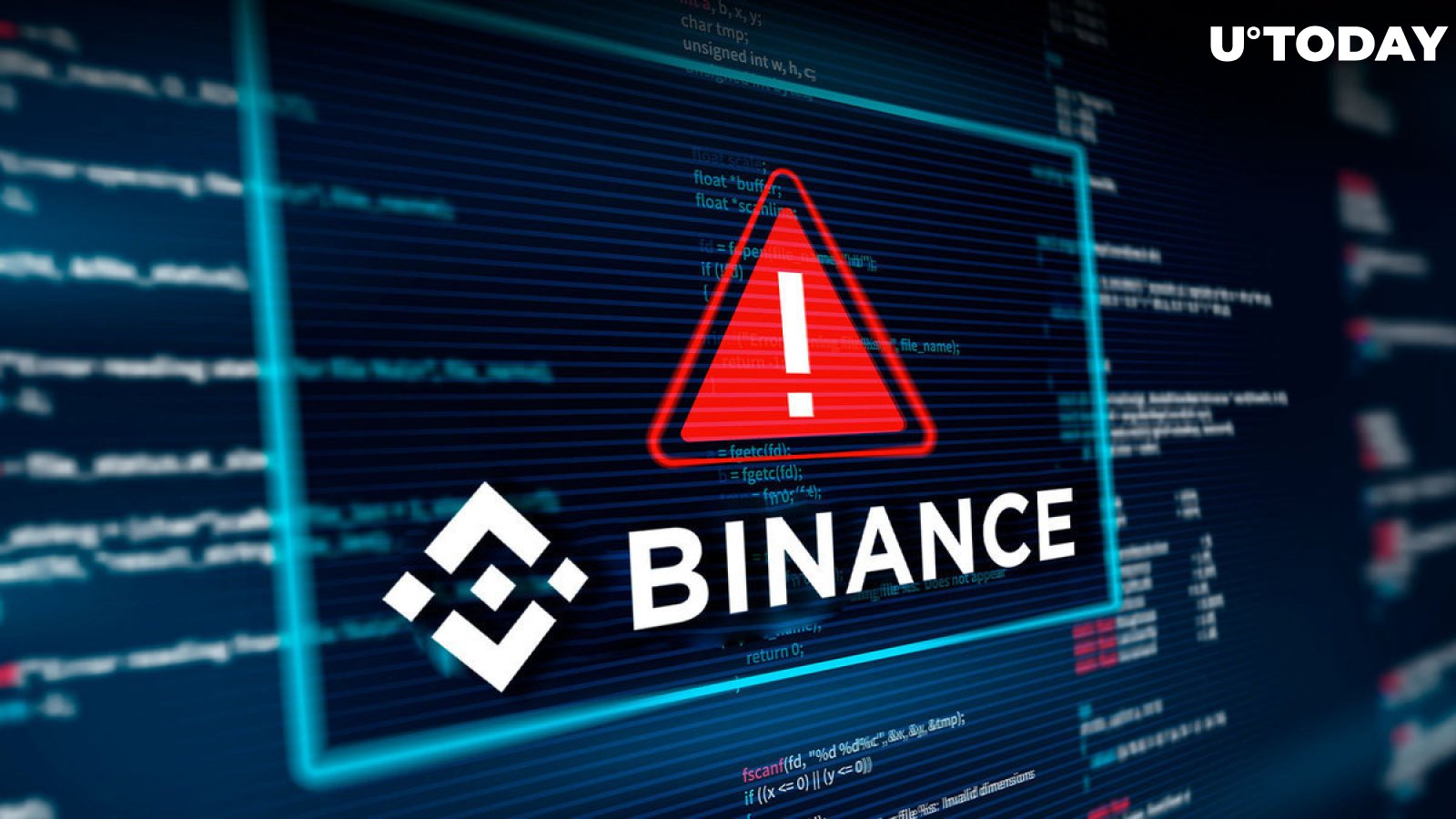Analysis: Thailand’s cannabis policy U-turn reflects broader social, economic concerns
Last week, Thailand’s Prime Minister Srettha Thavisin ordered a reversal on the country’s landmark cannabis policy, signaling that the plant should soon be classified as a narcotic again and its use restricted to medical and health purposes.
This comes two years after former premier Prayuth Chan-Ocha decriminalized the drug to attract tourists, tap into the medical marijuana market, and aid struggling farmers.
The weed experiment’s fallout
The prime minister’s announcement shouldn’t come as a surprise — the new government has been weighing its options for a while. The weed experiment hasn’t gone as planned.
Rowing it back won’t be easy, but the kingdom should persevere and attempt to regulate this sector — even if the consequences are painful. Ignoring it will affect the nation’s youth and social harmony — ultimately, the industry is only benefiting businesses, not poor farmers.
Mixed results of decriminalization
Walking through Bangkok’s narrow alleyways recently, it was impossible to miss the numerous cafes that spilled onto the streets, or the distinct scent of marijuana wafting through the balmy air.
These dispensaries sprang up seemingly overnight after the decision to legalize cannabis in 2022. Despite potential benefits like reducing pressure on courts and prisons, Thailand’s cultural conservatism and regional drug laws complicate full decriminalization.
Economic motivations and challenges
Part of the push to legalize cannabis was economically motivated: The University of the Thai Chamber of Commerce estimated the domestic cannabis industry could be worth $1.2 billion by 2025.
However, the unregulated market has seen foreign businesses taking advantage, and there are increasing concerns about the social and health impacts on young people.
The impact on youth and health
Recent research shows that cannabis use among 18-to-65-year-olds has surged from 2.2% in 2019 to 25% since decriminalization.
Young people are smoking more weed: usage among 18-to-24-year-olds increased tenfold to 9.7% in 2023. Doctors report more patients seeking treatment for cannabis-related issues.
If the government reclassifies cannabis as a category-five drug, possession could result in severe penalties, including up to 15 years in jail.
Navigating a middle ground
Banning the drug outright will cause pain to farmers, small business owners, tourists, and consumers. A middle-ground approach, returning to medical usage, would be wise.
Taxing marijuana could boost government revenues, and regulating the sector to prioritize local businesses would help achieve the original intent.
Thailand has enjoyed the high from the lucrative industry long enough; it is now time for a managed and rational come down.
The post Analysis: Thailand's cannabis policy U-turn reflects broader social, economic concerns appeared first on Invezz






